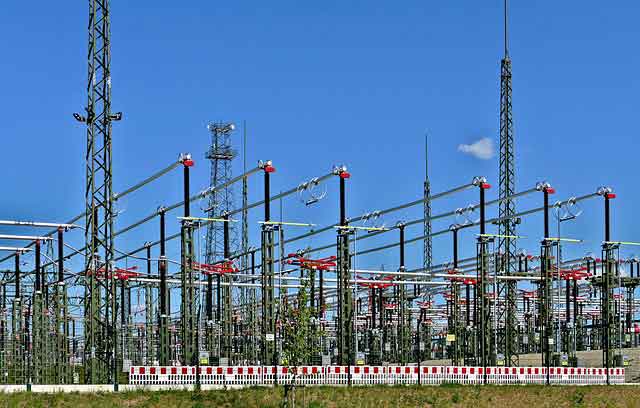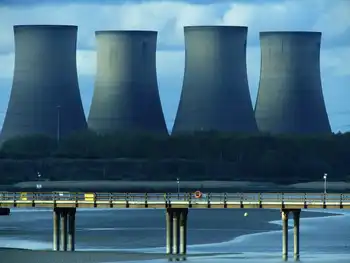Baird dismisses Ontario-Quebec carbon trading plan
"It will be the first time anywhere in the world people have talked about a trading regime where there are no regulations in place forcing the big polluters to cut their emissions," he told CTV's Question Period.
"Trading is to help reduce emissions, not simply an end in itself."
Ontario and Quebec's cabinets held a joint meeting in Quebec City; a deal will be unveiled in the near future.
According to a recent report, the deal will involve the following elements:
• A basic framework for a cap-and-trade system with a 1990 baseline for emission levels;
• It will also opt for "real reductions," as opposed to the federal government's "intensity-based" plan to reduce greenhouse gas emissions.
The federal plan uses 2006 as a baseline and requires industry to reduce emissions on a percentage basis per unit of output.
Critics say that if total output rises sufficiently, GHG emissions could actually increase under an intensity-based plan.
Baird said the Ontario and Quebec governments have done nothing to regulate big industries in the past five years. In comparison, the federal government has moved to regulate industrial GHG emissions and tabled a plan that calls for real reductions, he said.
Ontario's government had promised to eliminate coal-fired electricity plants, but won't do so until 2014, he said, adding the federal government has given Ontario more than $500 million to help it do so.
"The reality is that the federal numbers will be demonstrably higher than anything that Ontario or Quebec come up with," he said.
Quebec has cut its GHG emissions by nine per cent below 1990 levels, in part because of its abundant hydroelectricity.
Baird said only Alberta is "forcing the big polluters to cut their emissions."
The Alberta plan for reducing GHG emissions has set a target of a 14 per cent cut below 2005 levels by 2050 - with no reductions before 2020.
Alberta's plan "is not as strong as we'd like," Baird said.
The federal Tories say their plan will result in a 20 per cent reduction below 2006 levels by 2020. Many critics have said it is riddled with loopholes and won't meet its targets. The government has said Canada's Kyoto Protocol target of a six per cent cut below 1990 levels by 2012 wouldn't be reached until 2025.
The minister said of the 17 sectors covered, only coal and the oilsands will show emissions increases of more than 18 per cent in the next 18 months. "We're moving aggressively with tougher measures, and with even tougher measures for the oilsands," he said.
Some analysts have worried that Canada needs a national carbon-trading regime and that a patchwork regulatory environment is taking root in the country.
Baird said the provinces have been unable to come up with a national consensus. "We've got to stop talking about these things and start doing them," he said.
Related News

Demand for electricity in Yukon hits record high
WHITEHORSE - A new record for electricity demand has been set in Yukon. The territory recorded a peak of 104.42 megawatts, according to a news release from Yukon Energy.
The new record is about a half a megawatt higher than the previous record of 103.84 megawatts recorded on Jan. 14, 2020.
While in general, over 90 per cent of the electricity generated in Yukon comes from renewable resources each year, during periods of high electricity use each winter, Yukon Energy has to use its hydro, liquefied natural gas and diesel resources to generate the electricity, the release says.
But when it comes to…





